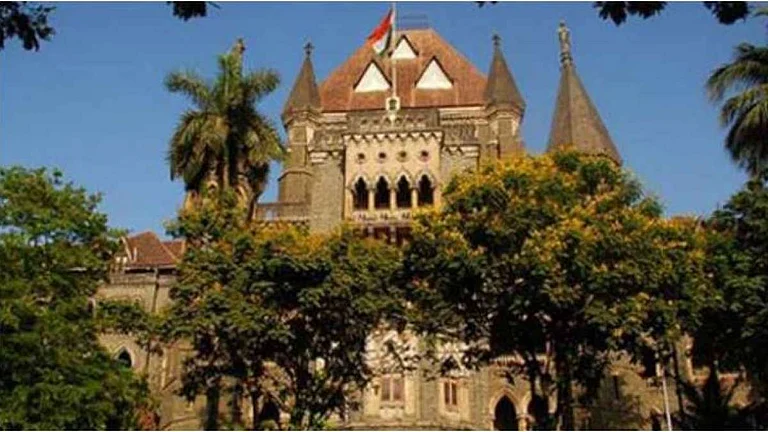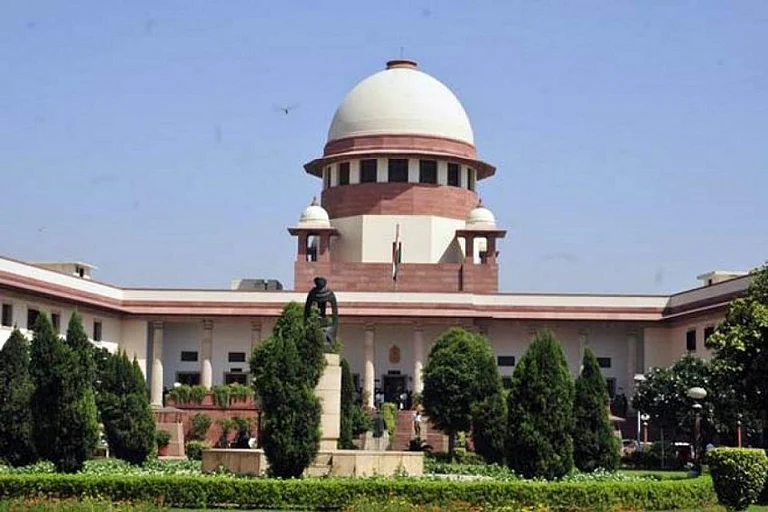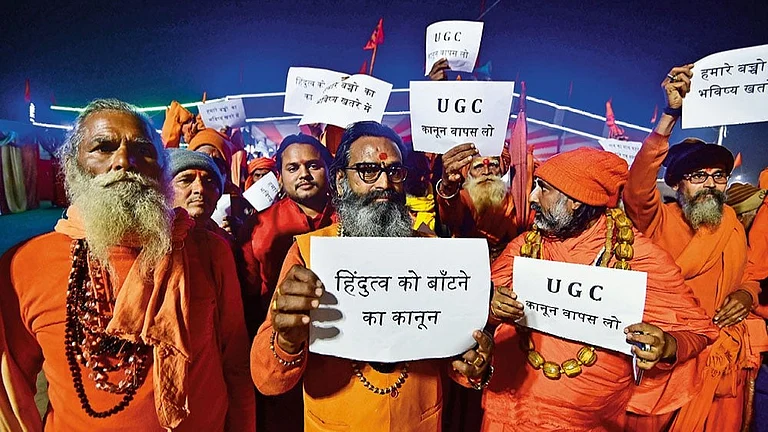
Summary of this article
SC stayed key provisions of the 2024 Waqf Amendment Act, including the 5-year Muslim practice requirement and powers granted to district collectors.
Waqf bodies must remain Muslim-majority; up to three non-Muslim members allowed. CEO should preferably be Muslim.
Court declined to suspend the entire Act, calling its order interim and subject to further hearings.
The Supreme Court of India on Monday temporarily suspended several key provisions of the 2024 Waqf Amendment Act but refused to stay the entire statute, saying such an action should only be taken in the “rarest of the rare” circumstances.
A bench led by Chief Justice of India BR Gavai and Justice Augustine George Masih passed an interim order of protection staying provisions which the bench said could result in an “arbitrary” exercise of power.
Most notably, the apex court said that the provision within the Act which asks people claiming Waqf to prove they had been practising Muslims for five or more years could not stand.
“There is no set mechanism, this it could lead to arbitrariness, which must not be permitted,” said the CJI. The bench also stated that a Muslim-majority membership must be maintained for all waqf bodies. The court said that while Waqf Boards and the Waqf Council can have up to three non-Muslim members; this is below the figure provided in the Act.
However the apex court did not direct that the Chief Executive Officer of the waqf body should be Muslim. It did say that best attempts to achieve this should be made. “The Chief Executive Officer should be, as far as possible, a Muslim,” the court said.
The bench also said that the Waqf Act had given district collectors power to decide matters related to citizen’s rights, which could not be allowed.
"The Collector cannot be permitted to adjudicate the rights of personal citizens, and this will violate the separation of powers. Till adjudication happens by the tribunal, no third party rights can be created against any party. The provision dealing with such powers to the Collector shall remain stayed," the court said.
However, the SC refused to the stay the Waqf Act entirely, stressing that its observations on Monday were interim in nature and subject to further arguments on the merits of the case.
The bench refused to stay the new Act’s registration requirements saying they were not novel and had been previously introduced through amendments. The court in particular refused to intervene in the matter of waqfs by user noting that the registration of waqfs has been ongoing since 1995, and through the 2013 amendment.
The court’s order was given on a slew of petitions which had been filed in May to challenge the constitutional validity of the new Waqf amendment act. The petitions were brought in by opposition politicians, civil-rights groups and Muslim bodies. Petitioners in the case include AIMIM MP Asaduddin Owaisi and Aam Aadmi Party MLA Amanatullah Khan, Jamiat Ulama-e-Hind and Association for the Protection of Civil Rights. The Centre, and several BJP-ruled states that have been in favour of the amendment, arguing that the reforms are necessary to stop encroachment and widespread fraud involving waqf properties.
What is the Waqf Amendment Act?
In 2025, Parliament passed the Waqf (Amendment) Bill. The Bill got presidential assent in April 2025 and became law. Protests broke out across India over potential fallouts from several key provisions of the Amendment including changing membership rules for the Central Waqf Council and state boards, curtailing certain historical waqf practices, and laying down new dispute-resolution mechanisms.
The court has said that a detailed order will follow.























